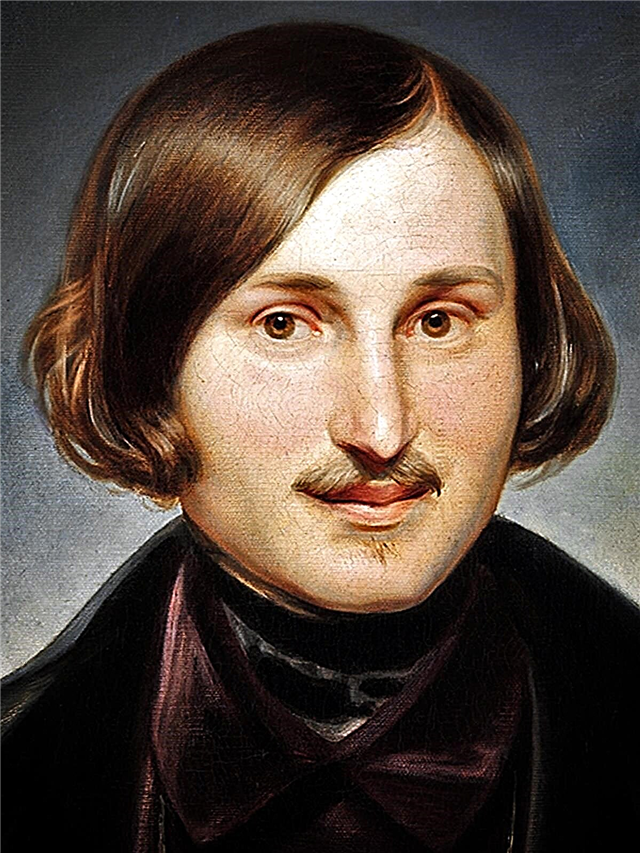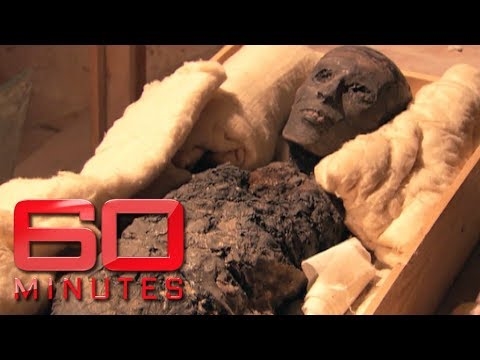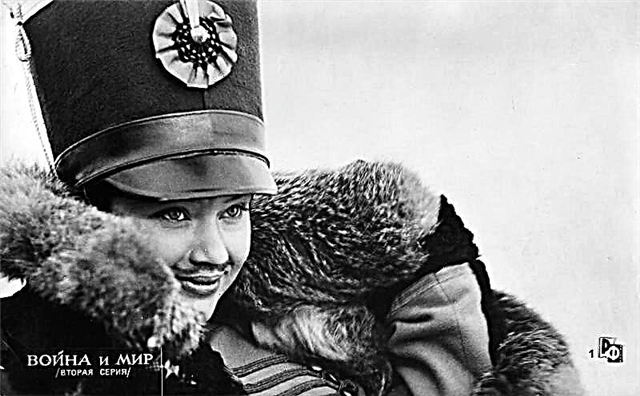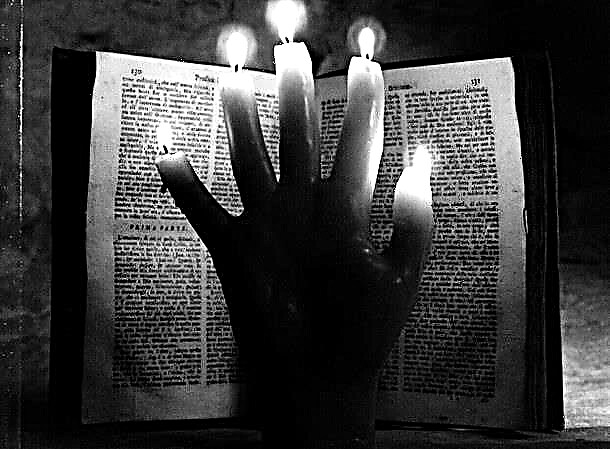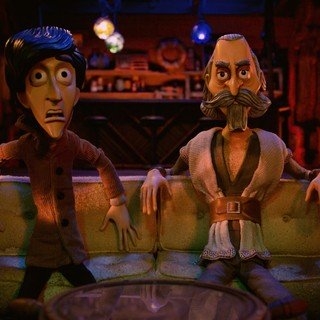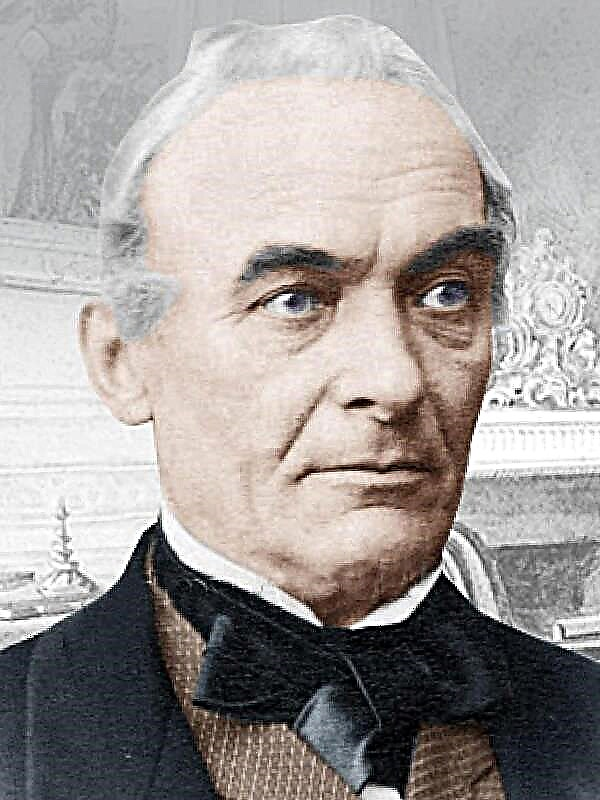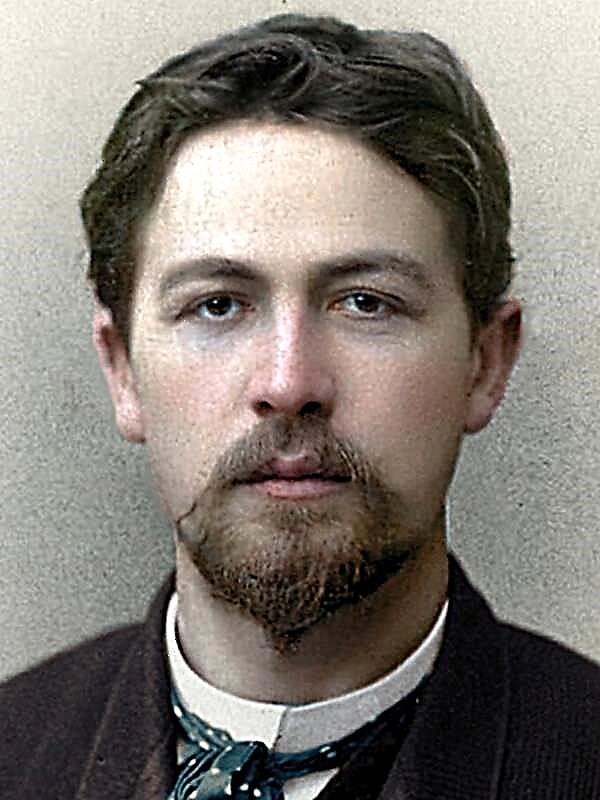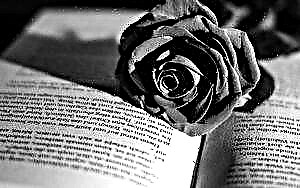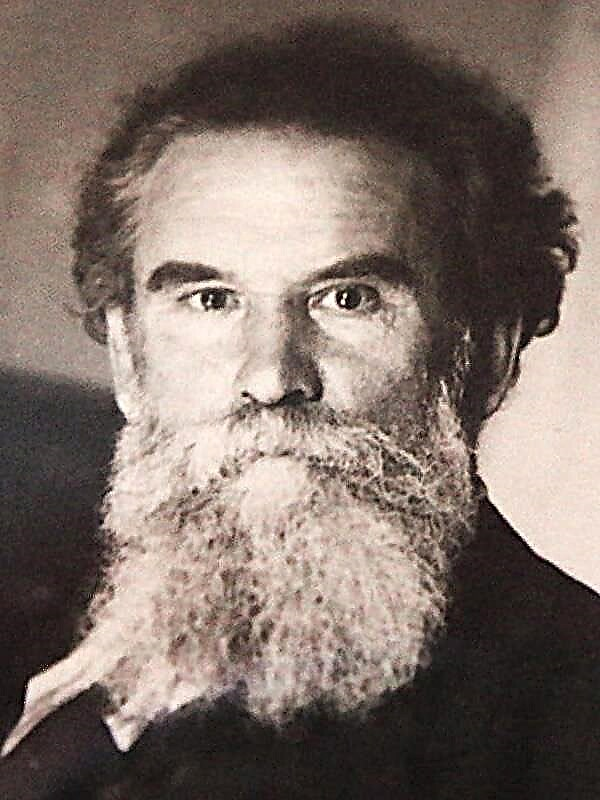(330 words) In the novel "War and Peace," the image of the ruling class, which parasitizes on ordinary people, is vividly presented. This image was especially successful for Tolstoy, because he is part of the upper world and knew perfectly well his weaknesses. It was because of them that the brilliant gentleman refused to leave and began to live an ascetic life in the village.
The nobility, who spoke Russian with difficulty, meets us in the salon of Anna Pavlovna Scherer. It is interesting that all the conversations in this chosen circle are hypocritical and false: everyone does not come here because they worry about European politics and the conquests of the usurper Napoleon, and then to settle their personal affairs. So, Prince Vasily finds out if it is impossible to get a place for his prodigal, incapable of service son. Anna Drubetskaya even begs for a place for her son, threatening and imploring the prince. For the sake of this, she spent the whole evening diligently listening to the chatter of Aunt Anna Scherer and pretending to be interesting to her. This is the protocol of communication in the highest society: everyone pretends, but does not show true feelings. That is why the mistress of the house is so nervous when she hears a lively conversation: she needs to get a decent chatter about nothing, and not a really interesting conversation. Everyone is ready to listen to the mediocre jokes of “calm fool” Hippolytus, but Bezukhov’s opinion scares many of Anna Pavlovna’s guests. They do not want to think, they need to enjoy the moment, no more. After this evening, the reader understands Bolkonsky, who is fleeing from his surroundings to the war.
But the nobility is heterogeneous, like any social class. There are young people who in their circle are less stiff and more frank. Kuragin, Dolokhov and other young hangers are ready to talk about their desires directly, but that does not make their desires any better: the noble youth spoils their money for entertainment, shamelessly robs their parents and does not want to do anything. There are exceptions to this rule, but they are rare, because even honest young men like Bezukhov fall under the influence of rich extravaganza.
Thus, the author comes to a disappointing conclusion: the noble environment is rotten through and degenerates. It is no coincidence that the most positive hero is the illegally born son of Count Bezukhov from a simple woman from the people. The purebred nobility is gradually degrading and cannot give society fresh strength to overcome the trials that the era of the Napoleonic Wars was rich in.



